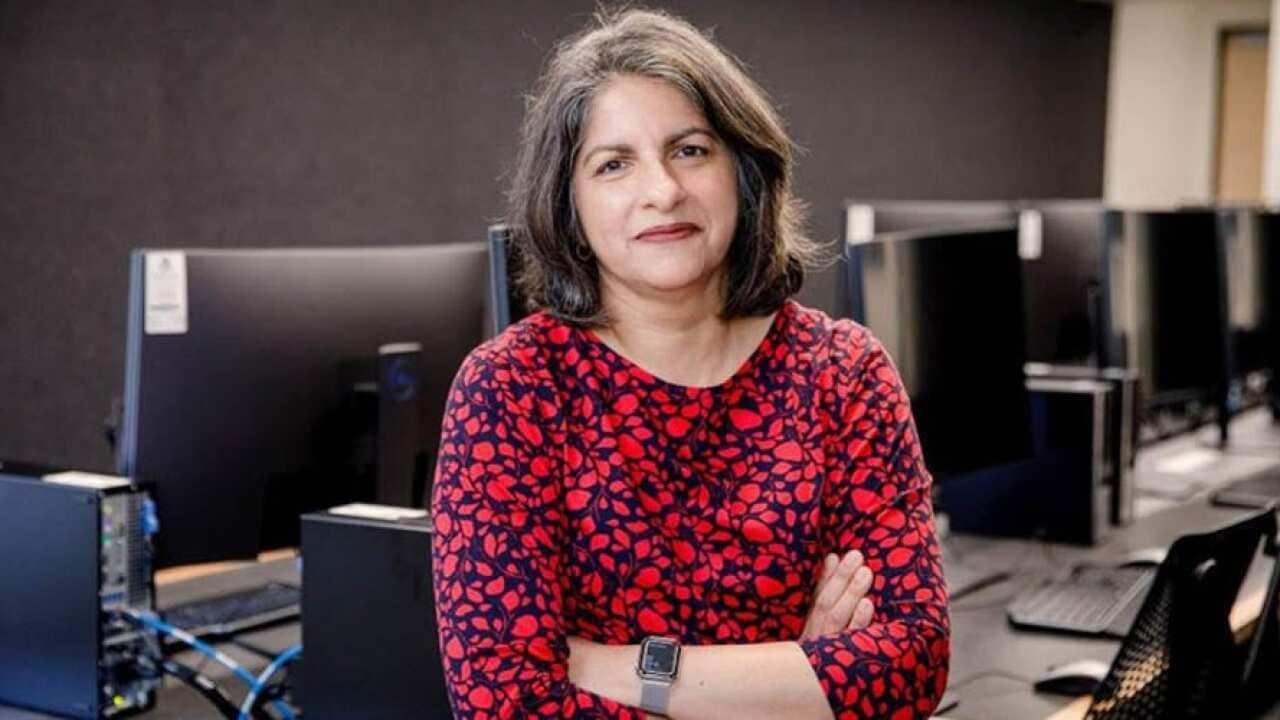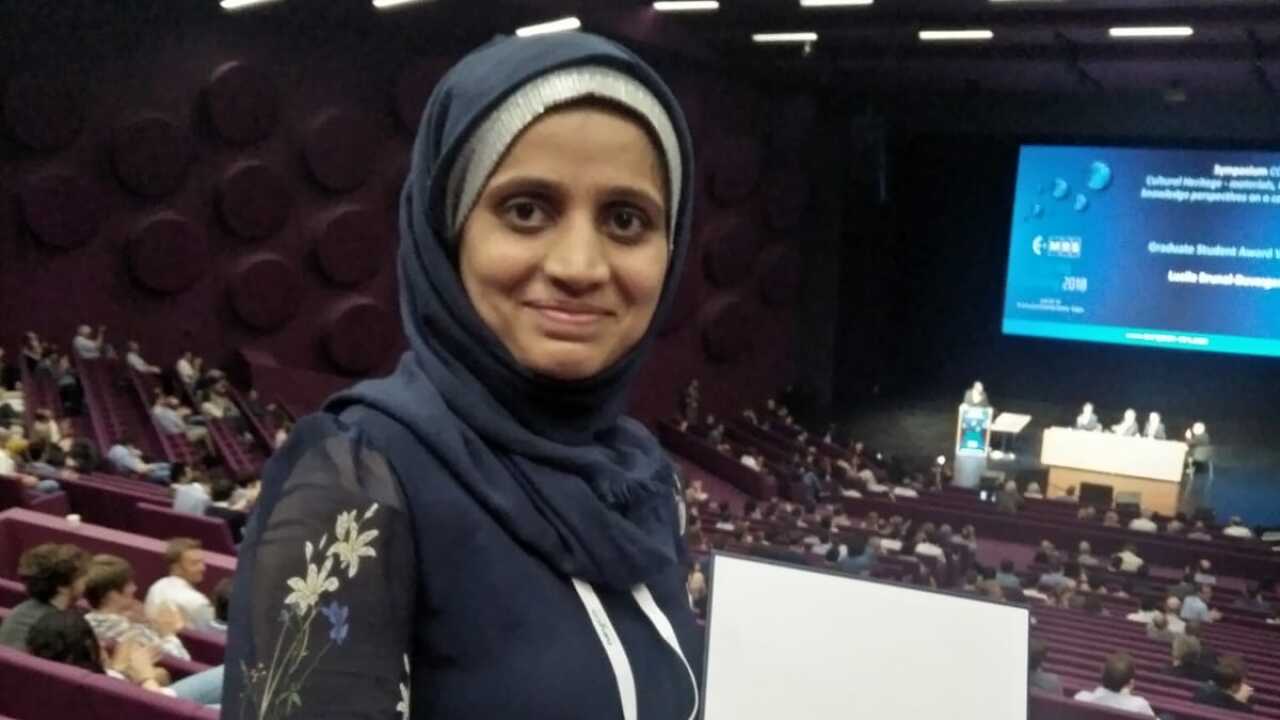Australia-based Pakistani computer scientist Shazia Sadiq has been recognized for her innovative research by the prestigious Australian Academy of Technology and Engineering (ATSE).
- Many of the new ATSE Fellows are from diverse backgrounds and 10 of the 25 new Fellows are women
- Professor Shazia has developed and led a range of programs to help thousands of young people to pursue careers in information computer technology
- “When I started my studies in computer science, IT was a big room with a little window,” Shazia says
The Australian Academy of Technology and Engineering (ATSE) is one of Australia’s learned academies bringing together experts in engineering and technology to provide evidence-based, impartial, and practical advice on sustainable solutions.
LISTEN TO

It is critically important for girls to pursue STEM studies and careers if they have an interest in it
SBS Urdu
17/12/202005:30
Shazia Sadiq has been named among 25 new ATSE Fellows, honored for their work in changing the world for the better. The collective impact of the group’s work was acknowledged by the president of ATSE, Hugh Bradlow. Nearly half are from linguistically and culturally diverse backgrounds, while 10 of the new Fellows are women.
Professor Shazia Sadiq tells SBS Urdu that after completing her bachelor's degree, she planned to complete her master's from Quaid-i-Azam University in Islamabad (Pakistan). A few months before the admissions opened, she had the opportunity to visit a computer exhibition in a local hotel there. She was fascinated by computing and decided to apply to the computer science department. She recalls that just 30 students were selected from thousands of applicants.
"There were six girls out of 30 but that was not unusual for Pakistan in the 80s, so it did not discourage me from perusing the degree." Shazia came to Australia in 1997 with her family with a dream to undertake a Ph.D. Today she has led and developed a range of programs to help thousands of young people pursue careers in IT, including initiatives such as "women-in-computing" and national competitions.
Shazia came to Australia in 1997 with her family with a dream to undertake a Ph.D. Today she has led and developed a range of programs to help thousands of young people pursue careers in IT, including initiatives such as "women-in-computing" and national competitions.

Source: University of Queensland
“My research has focussed on technology solutions to complex business problems such as business process compliance and data quality management," she adds.
Shazia says that in today’s world of business, technology is vital to success, and but fine-tuning the alignment between business and technology has been one of the hardest research issues she has tackled.
She also believes it is critically important for girls to pursue STEM studies and careers if they have an interest in it.
"Some studies show that educating girls can have more benefits for big issues like climate change than even sophisticated technologies.
"There are many great universities in Pakistan that provide excellent STEM and computer science education. Unfortunately, we don’t have a vibrant research sector in Pakistan as yet, so girls who wish to pursue a research career should not hesitate to apply to the best universities overseas."
She highlighted the scope of IT with so many opportunities and rapidly developing industries in artificial intelligence, machine learning, and data science that can have a profound impact on the future of health, transport, education, and agriculture.
"At Ph.D. level, there are generally scholarships available for competitive students and in Australia, there is a growing recognition for encouraging women in computing and engineering."
Reflecting on her studies Professor Shazia recalls that when she started in computer science, IT was conducted "in a big room with a little window." She says that the pervasiveness of technology today is truly astounding.
"I feel fortunate to have experienced these amazing advancements in the field, and my most significant learning is to never stop learning."




